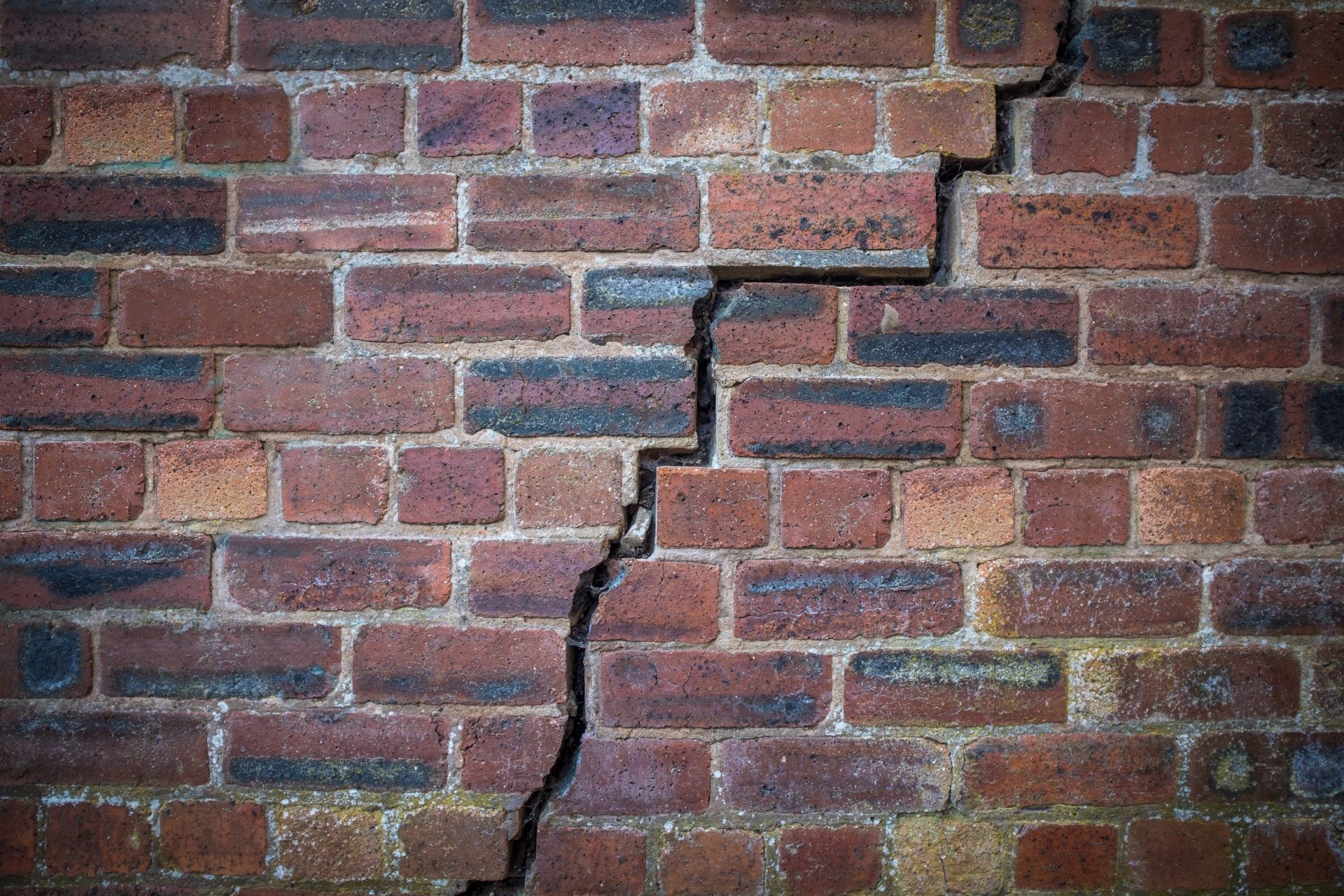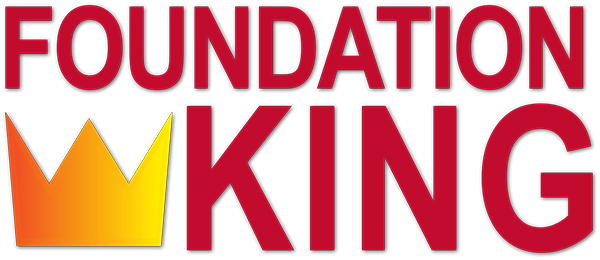How to Fix a Leaning Foundation Wall
August 14, 2023
As a homehowner, the health of your home means a lot, and keeping on top of everything can be a challenge as new needs or repairs may turn up when you least expect it. One thing that is of the utmost importance is your home’s foundation. If you notice any signs of distress it can be a cause for concern. For example, if you suspect a foundation wall is leaning, you should take action as soon as you can to properly diagnose and fix the problem.
In this blog post, we'll walk you through the essential steps to address a leaning foundation wall. We'll shed light on the underlying causes of this problem, discuss the telltale signs to watch out for, and explore the risks associated with ignoring the issue.

Understanding the Causes of a Leaning Foundation Wall
A strong and stable foundation is the backbone of any home, but various factors can lead to its deterioration and eventual leaning. Let’s take a closer look at some common causes behind a leaning foundation wall.
Soil Issues and Settlement
As the soil shifts, it can create uneven pressure against the foundation walls, causing them to tilt or bow inward. In regions where soil movements are frequent, such as areas with significant seasonal rainfall or droughts, foundation issues like leaning walls are more common. Different soil types also have varying abilities to bear the weight of the structure.
Water Damage and Drainage Problems
Water is one of the primary adversaries of a stable foundation. Poor drainage around the perimeter of your home can lead to excess water seeping into the soil near the foundation walls. This much water accumulation can weaken the soil's load-bearing capacity and cause erosion, creating voids beneath the foundation.
Structural Damage and Aging
Over time, the structural components of your home may experience wear and tear due to aging, external forces, or inadequate construction practices. In some cases, the original design might not have accounted for the load-bearing requirements, leading to an uneven distribution of weight on the foundation walls.
Signs of a Leaning Foundation Wall
Recognizing the early warning signs of a leaning foundation wall is crucial to catching the problem before it escalates into a more significant structural issue. Here some signs to be on the lookout for:
External Signs
- Visible Cracks and Fissures
- Noticeable Bulges or Curves
- Separation between Wall and Adjacent Structures
Internal Signs
- Jammed Doors and Windows
- Uneven Floors
- Cracked Interior Walls
Ignoring the early warning signals of a leaning foundation wall can lead to severe consequences, including compromised structural integrity and increased repair costs. Early intervention not only ensures your safety but can also save you significant time and money in the long run, so call a professional when these signs start to show.
Can You Fix a Leaning Foundation Wall Yourself?
Foundation repair is a complex and specialized field that requires expert knowledge, technical skills, and the right tools and equipment. Attempting to fix a leaning foundation wall yourself can lead to disastrous consequences, jeopardizing both your safety and the structural integrity of your home.
Here's why DIY foundation repair is not recommended:
- Lack of Expertise: Foundation issues can have multiple underlying causes, and accurately diagnosing the problem requires in-depth knowledge and experience in the field. A DIY enthusiast may not have the expertise to identify the root cause of the leaning wall and apply the appropriate solution.
- Structural Risks: Foundation repair involves working with heavy materials and potentially compromising the structural stability of your home during the process. One wrong move can lead to catastrophic results, endangering both you and your property.
- Inadequate Tools and Equipment: Foundation repair requires specialized tools and equipment that may not be readily available to the average homeowner. Without the proper resources, the repair work may be ineffective or even exacerbate the problem.
The Importance of Professional Evaluation and Assistance:
- Accurate Diagnosis
- Tailored Solutions
- Safety and Reliability
Don't gamble with the structural integrity of your home. At Foundation King, we have years of experience in fixing leaning foundation walls and other foundation-related issues. Our team is dedicated to providing reliable, long-lasting solutions that ensure the safety and stability of your home. Remember, when it comes to your foundation, trust the Kings.
Methods We Employ:
Foundation Piering and Reinforcement
Foundation piering involves strengthening the existing foundation by extending it deeper into stable soil or bedrock. By installing steel piers deep into the ground, we provide additional support and prevent further settlement, effectively addressing foundation problems and preventing structural damage.
There are various piering methods, including helical piers, push piers, and slab piers, which are selected based on the soil conditions and the extent of foundation movement.
Installing Carbon Fiber Wall Restraints
There are countless benefits of carbon fiber wall restraints. They're non-invasive, require minimal installation time, and offer a cost-effective alternative to traditional foundation repair methods. These strips are bonded directly to your foundation walls, working as a reinforcement against lateral movement and are exceptionally durable to withstand the test of time.
Polyjacking
Polyjacking involves injecting expanding polyurethane foam into voids or gaps beneath a settling foundation or concrete slab. The specialized polyurethane foam is a high-density material that expands upon injection, filling any empty spaces in the soil and lifting the settled foundation back to its original position.
Safeguard Your Home With Foundation King
When it comes to the safety and stability of your home, a leaning foundation wall is a matter that demands immediate attention. Your home's foundation is the bedrock upon which everything else stands, and ignoring signs of distress can lead to severe consequences.
At Foundation King, we understand the importance of a solid foundation and the peace of mind it brings. After reading this post, we hope you can be proactive in safeguarding your home against potential foundation problems.
Call Foundation King today to get started on improving your foundation!
FOLLOW US
#showusyourcracks

